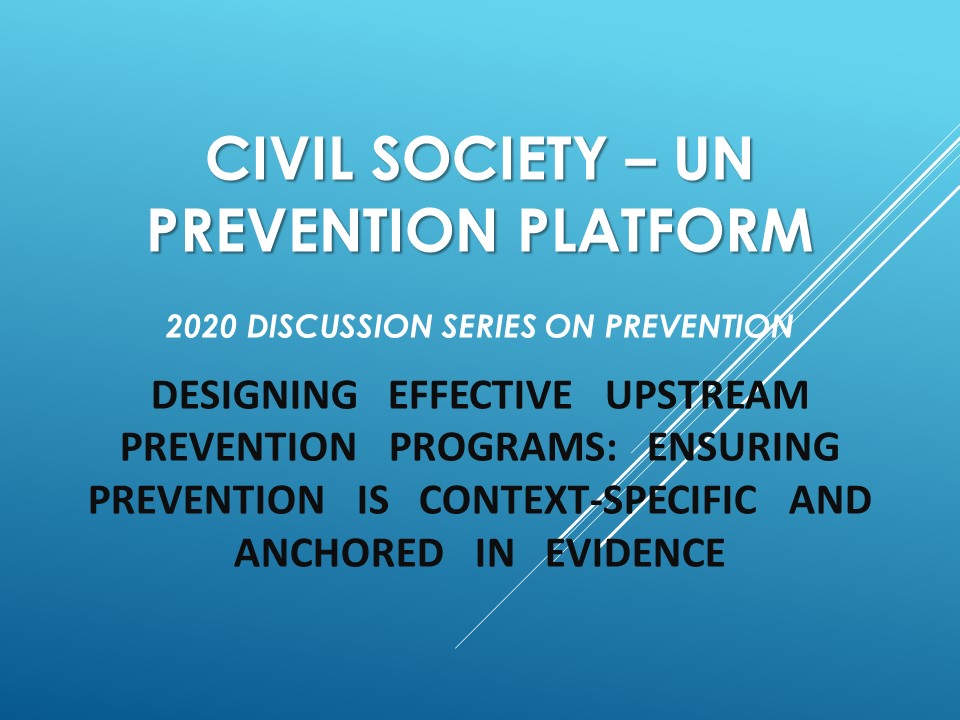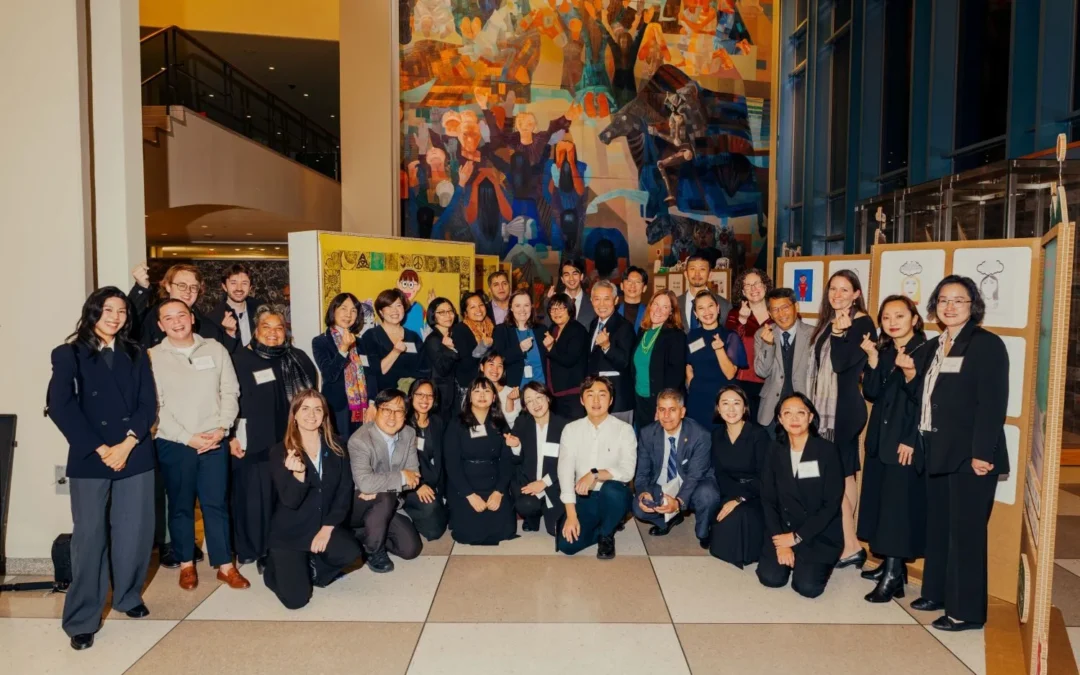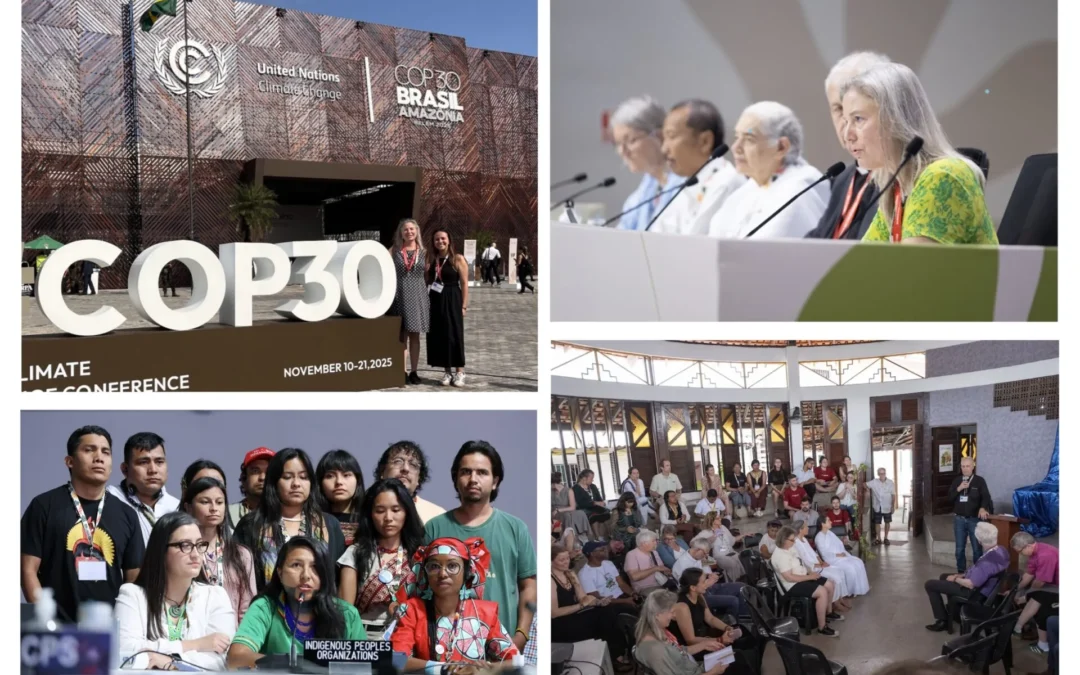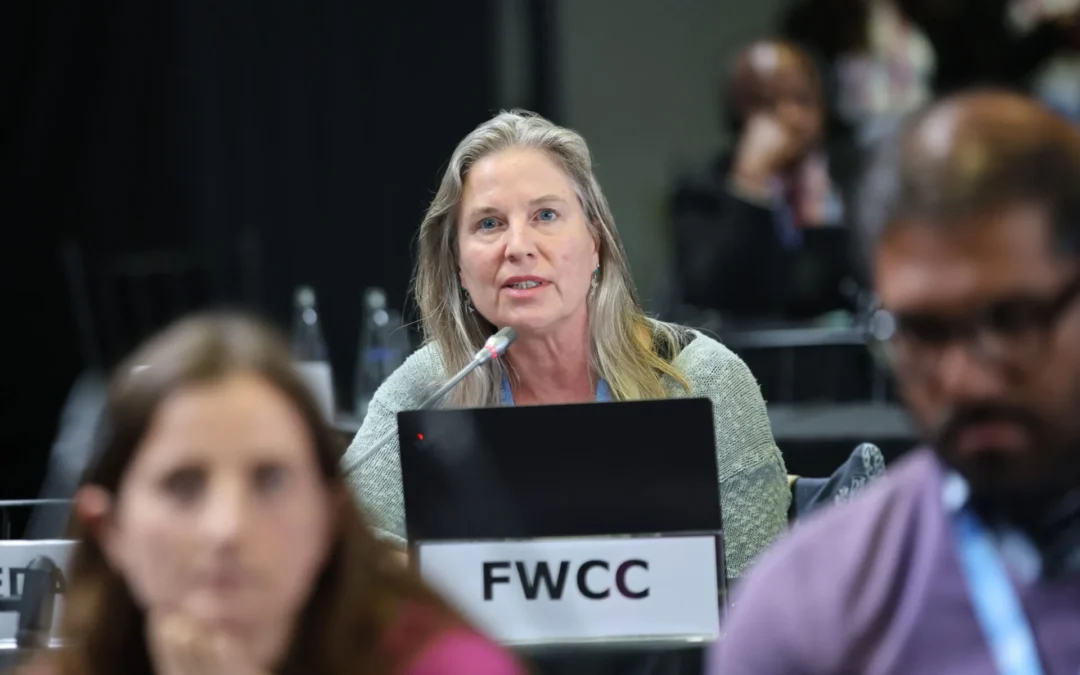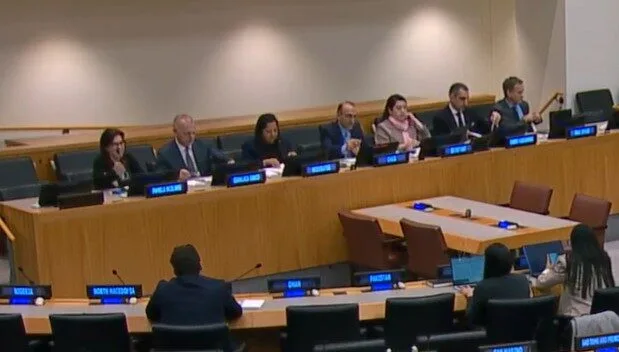QUNO recently co-hosted an event titled, ‘Designing Effective Upstream Prevention Programs: Ensuring Prevention is Context-specific and Anchored in Evidence,’ the fifth discussion in the Civil Society – UN Prevention Platform’s 2020 discussion series. This meeting brought together researchers, civil society practitioners, Member States, and United Nations (UN) colleagues representing a wide range of expertise for an engaging conversation on challenges and opportunities for advancing holistic, upstream approaches to preventing violent conflict.
Many violent conflicts around the world are protracted, with no end in sight, leading to high levels of suffering and humanitarian needs. Conflict is often a symptom of long-standing stresses such as political exclusion, lack of jobs, food insecurity, or inadequate access to health or education. Addressing root causes of conflict ensures more cohesion, resilience, and ability to manage tensions without resorting to violence. Given this reality, the UN has been striving to adopt a more preventative approach to violent conflicts, particularly through the Secretary-General’s prevention agenda, the Sustaining Peace resolutions, and Sustainable Development Goal 16. These frameworks provide an anchor for “upstream conflict prevention,” a concept that has increasingly gained traction in the international community. Yet for many there remains a lack of clarity as to what this means in practice. The Civil Society – UN Prevention Platform’s recent discussion centered around the guiding question of how the UN and other key partners can better understand more effective upstream prevention approaches targeted at reducing violence.
During the discussion, researchers and practitioners alike emphasized the need for granular, context-specific analysis of the factors of resilience and risks of violence. It’s evident that for tensions to be adequately addressed, there is a need to understand their cause and what exactly is trying to be prevented. There are multiple forms of violence —inter-state conflict, state brutality, interpersonal violence, organized crime, and violent extremism, to name a few— which need to be clearly defined in building contextually appropriate prevention strategies. In discussing resilience, the distinction was made between ‘coping resilience’ that enable communities and individuals to adapt to adverse circumstances and ‘transformative resilience’ that ultimately upends the conditions of violence. The conversation also examined the question of how to use research and analysis in developing and implementing upstream prevention, both within the UN system and from the civil society perspective.
The Civil Society – UN Prevention Platform looks forward to future conversations in the 2020 Prevention discussion series. Learn more about the other discussions in this series below.
Taking Stock of Prevention: Progress Achieved and Lessons Learned (link: https://quno.org/timeline/2020/2/quno-co-hosts-first-series-discussions-prevention)
Dialogue and Mutual Understanding: the Role of Young People in Preventing Conflict (link: https://quno.org/timeline/2020/4/quno-virtually-co-hosts-discussion-role-young-people-preventing-conflict)
Transformative Gender Approaches to Conflict Prevention During COVID-19 (link: https://quno.org/timeline/2020/5/transformative-gender-approaches-conflict-prevention-during-covid-19)
Strengthening Prevention Tools: Inclusive Approaches to Supporting Mediation (link https://quno.org/timeline/2020/6/strengthening-prevention-tools-inclusive-approaches-supporting-mediation)

